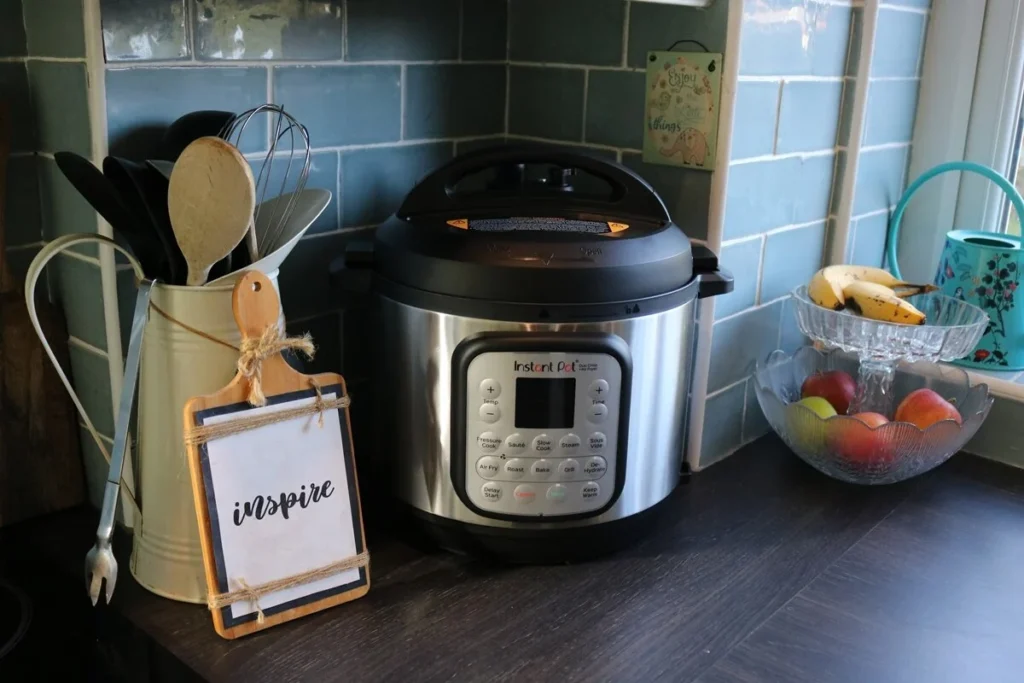Cookers are one of the most important elements in the kitchen, allowing you to prepare a variety of dishes. Despite their reliability, these appliances can be subject to overheating, which not only affects their efficiency but can also lead to serious damage or even dangerous situations. Regular maintenance and proper operation will help to avoid overheating and keep your stove in good working order for years to come. In this article, we’ll look at how to avoid overheating of cookers and what measures you should take to prevent them from breaking down.
Causes of overheating of cookers
To effectively prevent stove overheating, it is important to understand the main causes of this phenomenon. There are several factors that can cause excessive heat and, as a result, damage to the stove:
- Improper operation.
- Clogged ventilation holes.
- Malfunction of electronic components.
- Wear and tear of heating elements.
- Use of low-quality cookware.
How to avoid overheating of the stove: useful tips
Knowing the main causes of overheating, you can take measures to prevent it. Here are a few tips to help you avoid overheating and ensure the longevity of your stove:
1. Choose the right cookware:
The choice of cookware is a key factor in the efficient operation of the stove. Cookware with a thick and flat bottom allows for even heat distribution and avoids overheating in certain areas. In addition, using the right size cookware for the burner ensures optimal heat utilization.
2. Clean the ventilation holes regularly:
To prevent dust and grease from building up in the vents, clean them regularly. This will ensure proper air circulation and help prevent overheating. Use a soft brush or vacuum cleaner to clean the vents to prevent them from becoming clogged.
3. Follow the manufacturer’s recommendations:
Always follow the operating instructions provided by your cooker manufacturer. This includes setting the correct temperature, using the appropriate cookware, and following safety precautions.
4. Check and replace thermostats:
If you notice that your stove is overheating, it is important to check the thermostats. A malfunctioning thermostat may not regulate the temperature properly, leading to overheating. Regularly checking and replacing faulty thermostats in a timely manner will help to avoid this problem.
5. Correct positioning of the stove:
Make sure that the cooker is located in a place with good ventilation. Do not place the cooker close to walls or other appliances that may interfere with normal heat dissipation. Proper ventilation will help maintain a stable temperature and prevent overheating.
How to avoid a stove breakdown
Overheating is one of the causes of stove failure, but not the only one. In order for the stove to work for a long time and without problems, you should pay attention to several aspects of its operation and maintenance:
1. Regular maintenance:
Like any other appliance, a cooker needs regular maintenance. This includes checking the electrical connections, the condition of the heating elements, and the overall condition of the stove. Timely maintenance will help to identify potential problems at an early stage and avoid them developing into serious malfunctions.
2. Limiting the duration of operation at high temperatures:
Continuous operation of the cooker at maximum temperatures can lead to overheating and premature wear of components. Try to use medium temperatures for most dishes, and only use maximum temperatures when absolutely necessary.
3. Use quality cookware:
As mentioned, choosing the right cookware is important to prevent overheating. Use cookware made of materials that conduct heat well and do not put excessive stress on the stove.
4. Clean the hob after each use:
Regularly cleaning the surface of the cooktop from food and grease residue helps to avoid the build-up of contaminants that can affect the operation of the appliance. Clogging can lead to uneven heating, which in turn increases the risk of overheating and malfunction. Use special cleaning products and soft sponges to keep the surface of the hob in excellent condition.
5. Use a voltage regulator:
Fluctuations in the mains voltage can affect the electronic components of the cooker, causing them to overheat and malfunction. Installing a voltage regulator will help protect the cooker from such fluctuations and extend its service life. You can buy a high-quality stabilizer and other spare parts on the Appliance Parts 4 All.
6. Observance of safety rules:
Always follow the safety instructions when operating the cooker. Do not leave the appliance unattended while in operation, especially at high temperatures, and make sure that children do not have access to the cooker when it is on.
Conclusion
Proper operation and regular maintenance of your stove is the key to its durability and safe operation. Overheating can be a serious problem that can lead to damage or even failure of the appliance, but this can be avoided by following simple recommendations. Choosing the right cookware, regular cleaning, proper temperature settings, and maintenance will help keep your stove in good working order for years to come.
Ignoring safety and maintenance rules can lead to serious breakdowns and significant financial costs. Therefore, it is important not only to know what to do in case of overheating, but also to understand how to prevent it. As a result, your attentive attitude to the stove will ensure not only a long service life of the device, but also the safety of your home.







